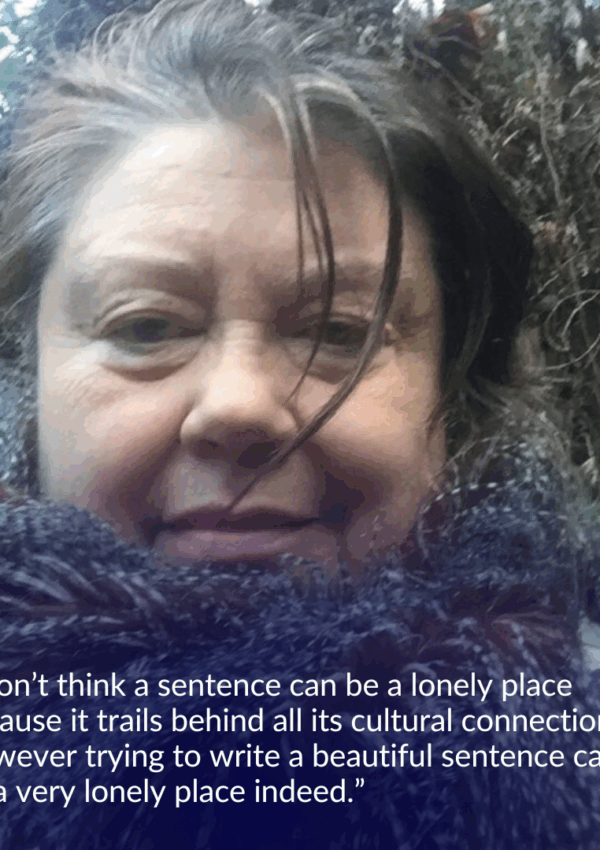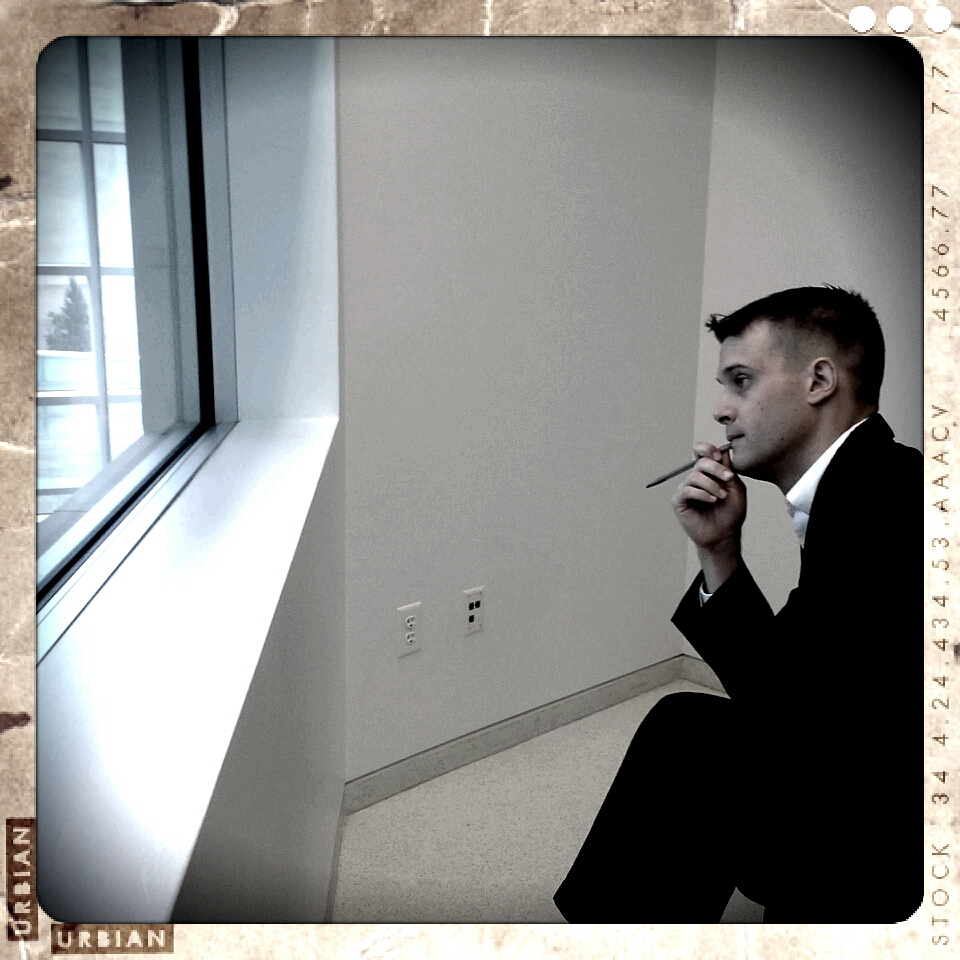I always wanted to be a writer, but I was afraid I never could be because I didn’t think I was creative enough. In the fifth grade, my public school moved me into Honors classes based on standardized test scores. Suddenly, I was expected to actually study and do creative things. Up until that point, I’d mostly been punished for being creative. Also, I was stuck into classes with kids who’d been together for years. My one saving grace was that I was a class clown, and I attracted friends by being funny. But that was more a survival method than creativity; I came from a story-telling family, and my father, brother, and I would constantly tease and joke with each other. I’d learned to react quickly, because in this dynamic, I had always been low man down. I’d had no choice but to develop quick wits, or I’d always be on the defense.
As time wore on, I discovered that my new friends were creative types who could appreciate my sense of humor and fairly quick wit. They were budding artists, filmmakers, musicians, and they were encouraged in those endeavors. I started doing creative things with them. We’d make movies on the weekends. We made a zine that ended up being banned from the school. Being in the M or “average” classes at a small, rural school had meant not much was expected of me, and there weren’t many options for the future. Being in Honors classes meant talk of college, of dreams. Being a writer suddenly began to seem like a real option when I saw these friends creating art.
I was impressed by what seemed to be the effortlessness of my friends’ output. They always seemed to be doing projects; they’d start something without even thinking about how hard it would be to finish. I was more of a worrier. Once, I asked a friend, “How long did it take you to draw that?” referring to a detailed sketch of a cup. He answered, “Hours.” It blew my mind that he’d spent so long drawing a cup! I’d get frustrated and bored with a story in a half-hour and give up. I’d expected talent to be innate, something I could step into like well-worn shoes. I had this delusion that just because I wanted to be a writer, I would magically just become one. It made sense that I lacked skill; I hadn’t put the time in to develop any.
Writing never came easily to me. When I got older and started studying writing seriously, I took writing classes with people who seemed to have natural talent for wordplay, while I struggled. But I did what I’d done in high school; I surrounded myself with talent and learned from it. And I worked hard to catch up.
I was never the best writer in the room in any class I’ve taken, but I noticed while I was an undergrad that my peers might write a handful of pieces in a term. I would beg the professor to let me workshop more, send him or her extra pieces, and start off-campus, community workshops, sometimes two at a time. I wrote constantly, all with an eye towards improving my craft.
Now, most of my former classmates have stopped writing. Maybe it’s because they were naturally talented and didn’t have so much to prove. Maybe it’s because their lives got in the way, and they’ll come back to it someday. I’ve published a dozen books and pieces in hundreds of magazines, websites, newspapers, and anthologies. I did it by using the work ethic I saw my friends employ; I worked hard and grew incrementally better. Now, I understand spending hours to draw a cup.
 CL Bledsoe is the author of a dozen books, most recently the novel Man of Clay and the poetry collection Riceland. He lives in northern Virginia with his daughter.
CL Bledsoe is the author of a dozen books, most recently the novel Man of Clay and the poetry collection Riceland. He lives in northern Virginia with his daughter.
You can read CL Bledsoe’s poetry in Black Fox Issue 12.



